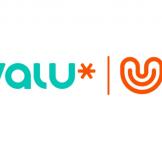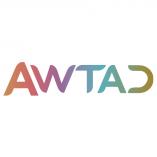Ride-hailing platforms in Egypt

Egypt is, without a doubt, a one-of-a-kind market and a critical one for Uber globally. It's nimble and one of Uber's fastest-growing regions, and it's evolving into a digital and innovation hotspot with a fertile atmosphere for new products. Uber gave drivers access to more than 703,000 job possibilities and delivered convenient trips to over 13 million consumers.
However, the situation has significantly shifted since the end of 2020. New ride-hailing applications, such as Russia's inDriver and China's DiDi, as well as the introduction of local platforms that have taken over a piece of the market, including car-sharing, have expanded competition and possibilities, primarily in Cairo but also in other cities.
Nonetheless, Egypt is a crucial market for technology businesses, particularly those in the mobility sector. That is why DiDi began its adventure in Egypt, the region's initial market.
In a similar approach to DiDi, inDriver chose not to collect fees during its pilot phase, which significantly decreased the final price of rides when compared to Uber and Careem and boosted its popularity. Following the successful entry of both firms, Uber dropped its per-kilometer and per-minute costs by 8.2 percent and 6.6 percent, respectively, on January 27.
Users of ride-hailing platforms are increasingly being offered alternate, less expensive options. A good example is the availability of motorbike trips, which are not only less expensive than vehicle rides but also allow you to go around cities like Cairo considerably more quickly. This service is available through Uber, Careem, and inDriver, as well as the Egyptian company Halan. Halan, which began operations in Egypt in 2017, has collaborated with thousands of tuk-tuks and motorbike drivers to operate in more than 20 cities.





































































EgyptInnovate site is not responsible for the content of the comments